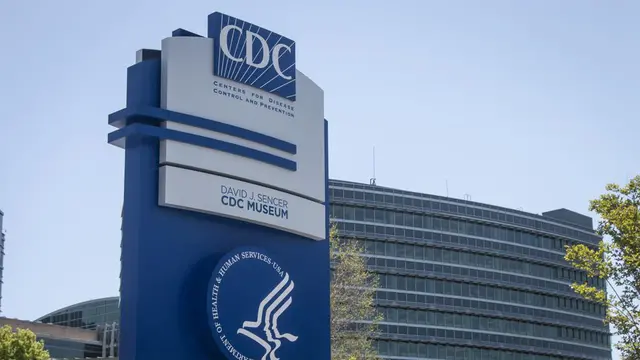The head of U.S. top public health agency on Wednesday announced a shake-up of the organization, saying it fell short responding to COVID-19 and needs to become more nimble.
The planned changes at the Centers for Disease Control and Prevention – CDC leaders call it a "reset" – come amid criticism of the agency's response to COVID-19, monkeypox and other public health threats. The changes include internal staffing moves and steps to speed up data releases.
The CDC's director, Dr Rochelle Walensky, told the agency's staff about the changes on Wednesday. It's a CDC initiative, and was not directed by the White House or other administration officials, she said.
The Atlanta-based agency, with a $12 billion budget and more than 11,000 employees, is charged with protecting Americans from disease outbreaks and other public health threats. It's customary for each CDC director to do some reorganizing, but Walensky's action comes amid a wider demand for change.
The agency has long been criticized as too ponderous, focusing on collection and analysis of data but not acting quickly against new health threats. Public unhappiness with the agency grew dramatically during the COVID-19 pandemic. Experts said the CDC was slow to recognize how much virus was entering the U.S. from Europe, to recommend people wear masks, to say the virus can spread through the air, and to ramp up systematic testing for new variants.
"We saw during COVID that CDC's structures, frankly, weren't designed to take in information, digest it and disseminate it to the public at the speed necessary," said Jason Schwartz, a health policy researcher at the Yale School of Public Health.
Walensky, who became director in January 2021, has long said the agency has to move faster and communicate better, but stumbles have continued during her tenure. In April, she called for an in-depth review of the agency, which resulted in the announced changes.
"It's not lost on me that we fell short in many ways" responding to the coronavirus, Walensky said. "We had some pretty public mistakes, and so much of this effort was to hold up the mirror ... to understand where and how we could do better."
Her reorganization proposal must be approved by the Department of Health and Human Services secretary. CDC officials say they hope to have a full package of changes finalized, approved and underway by early next year.
Schwartz said flaws in the federal response go beyond the CDC, because the White House and other agencies were heavily involved.
A CDC reorganization is a positive step but "I hope it's not the end of the story," Schwartz said. He would like to see "a broader accounting" of how the federal government handles health crises.
(AP)
 简体中文
简体中文

